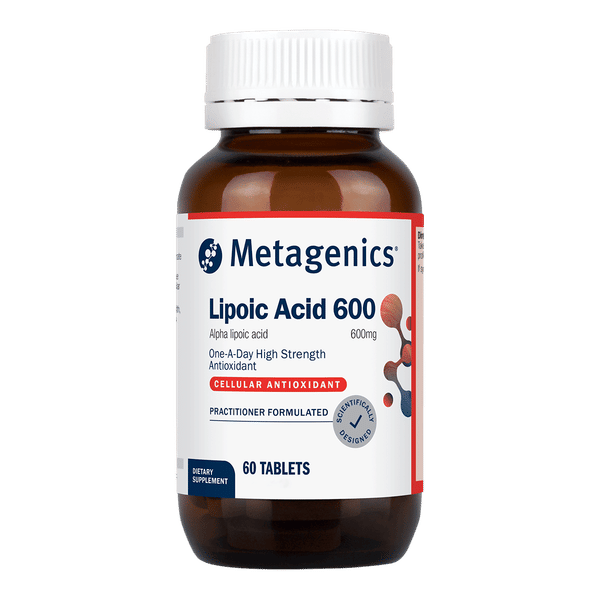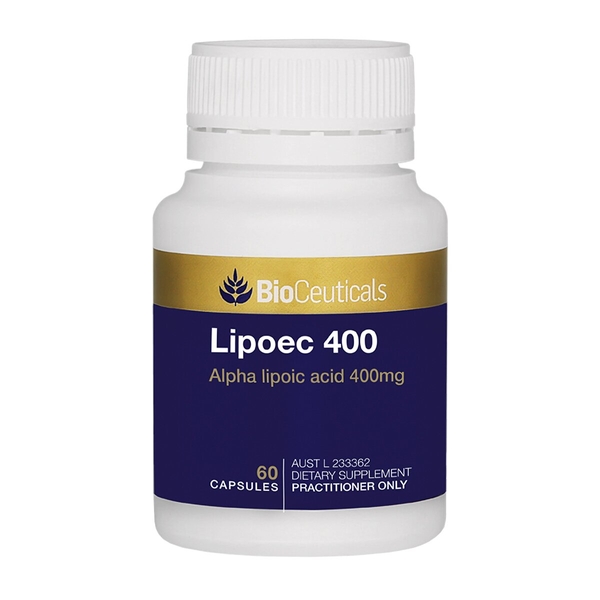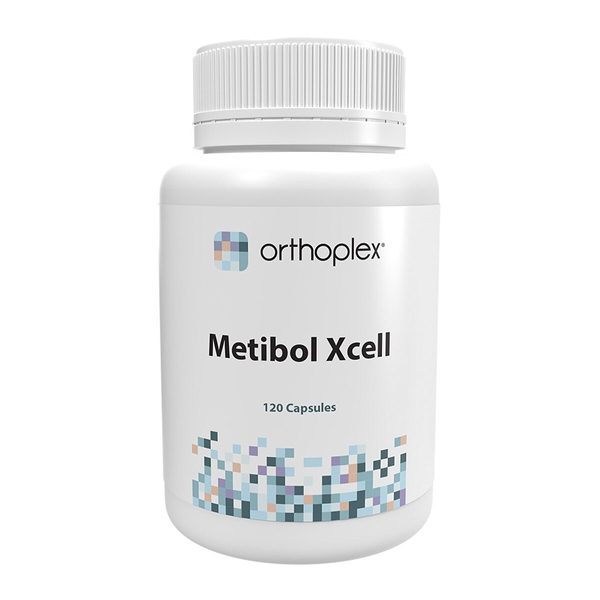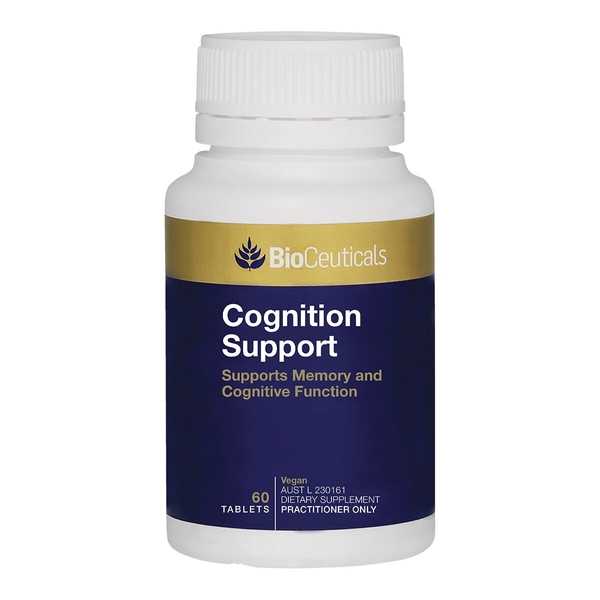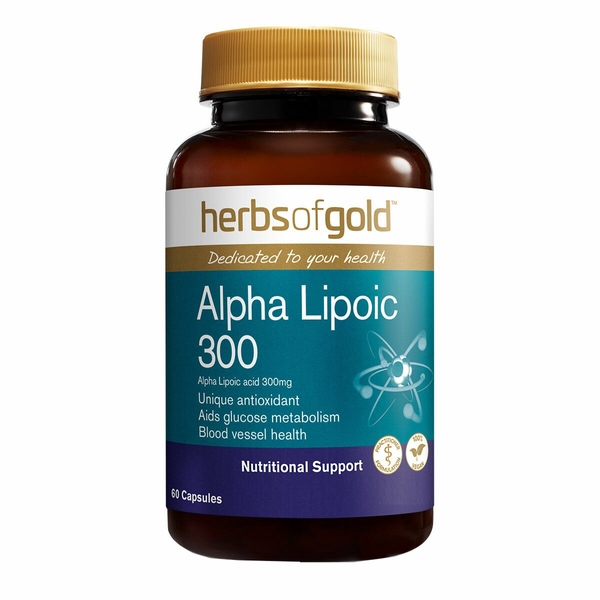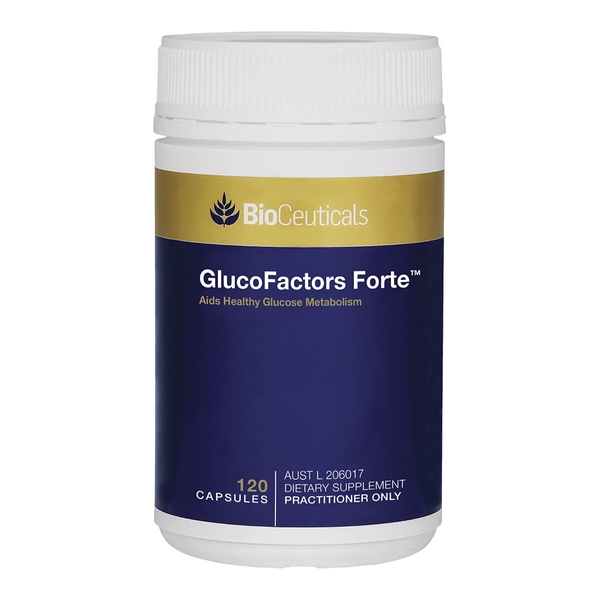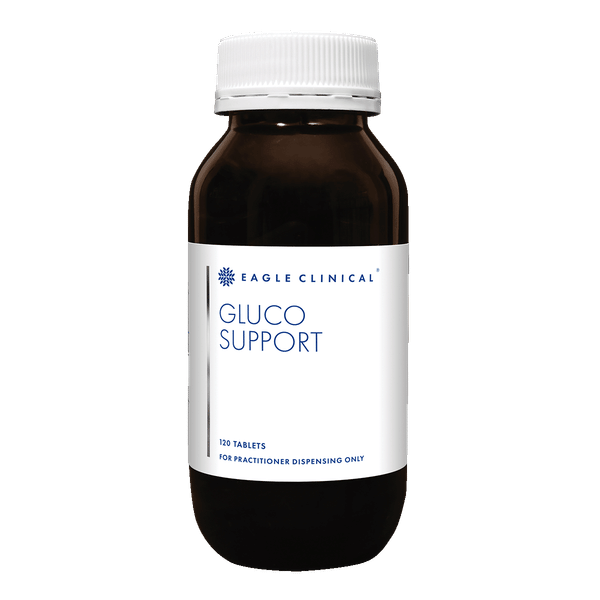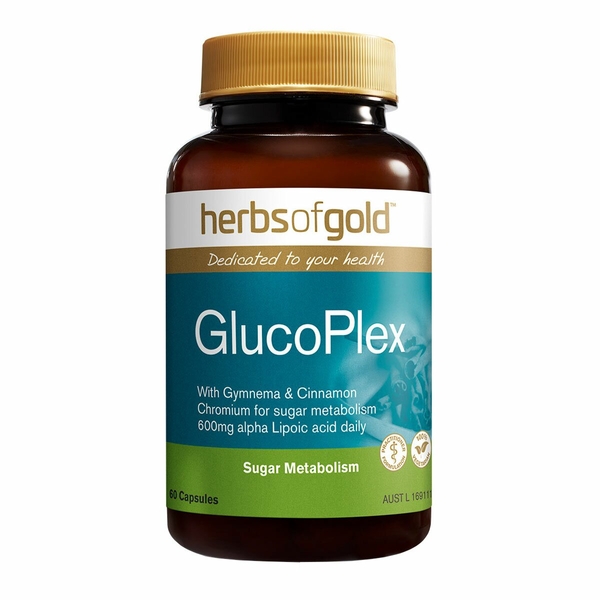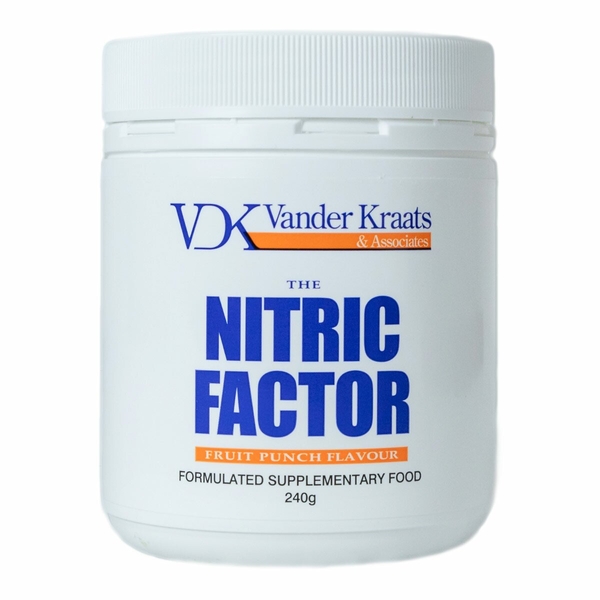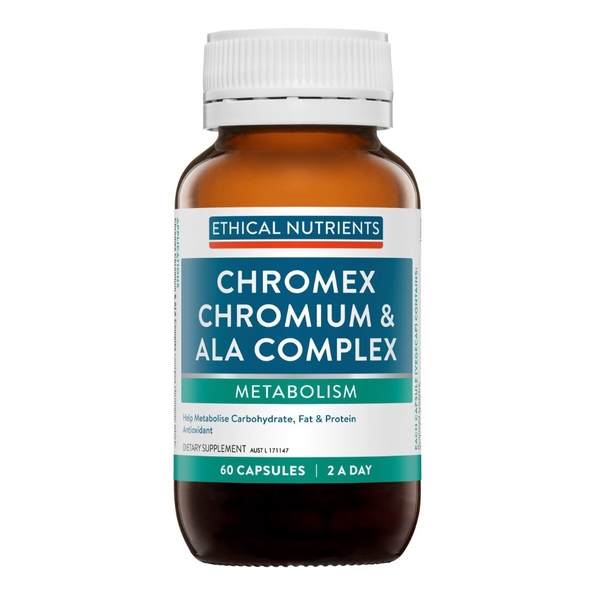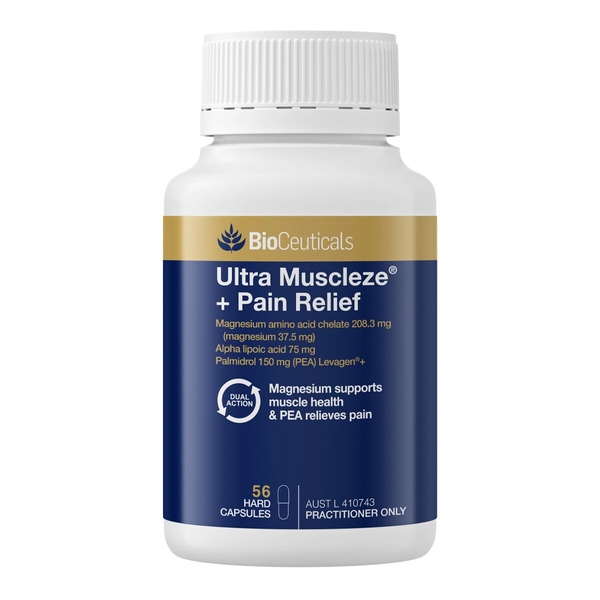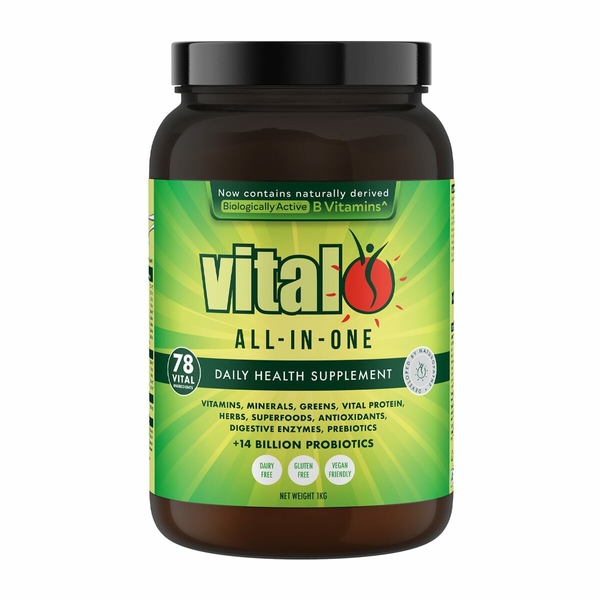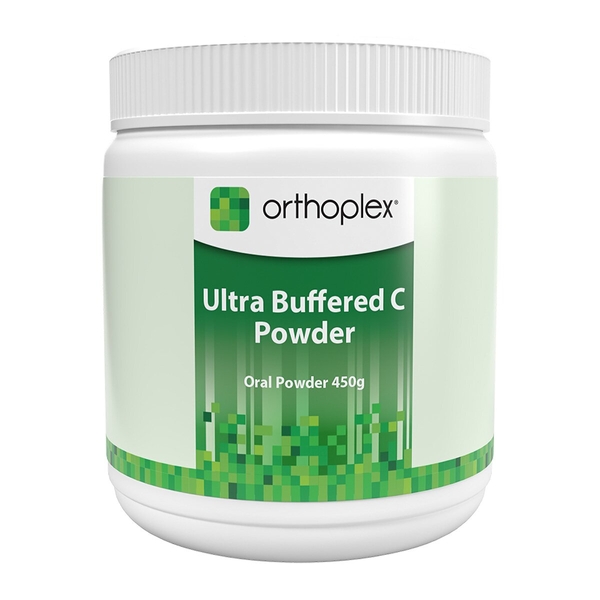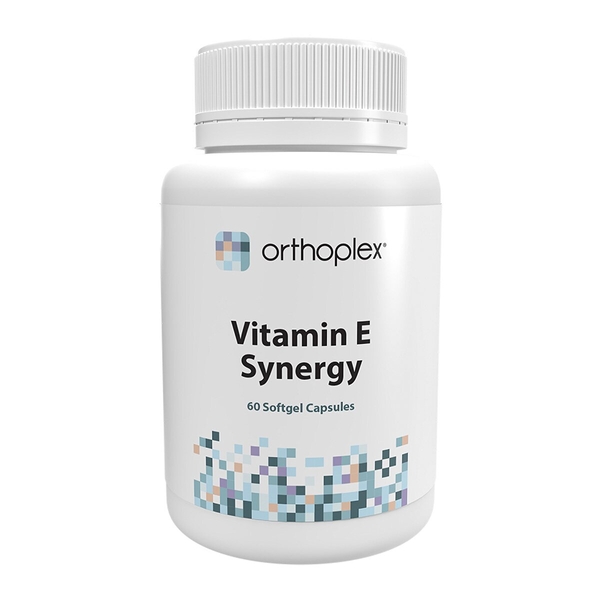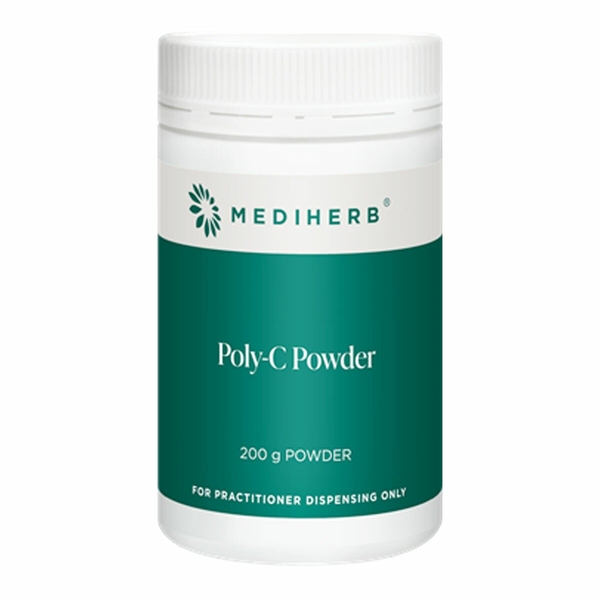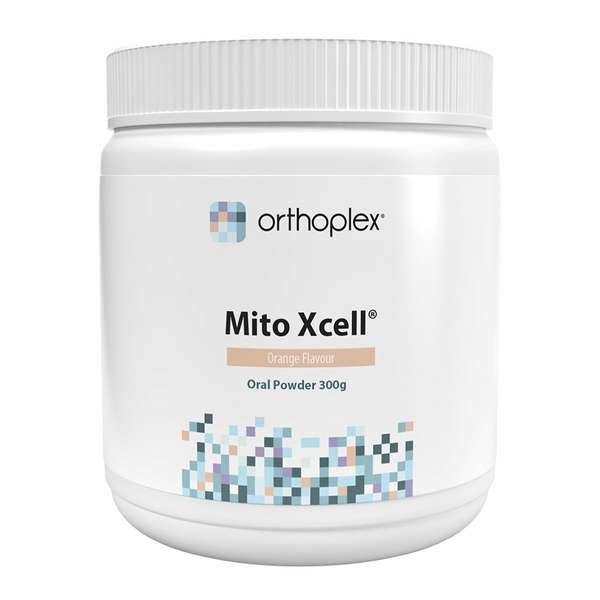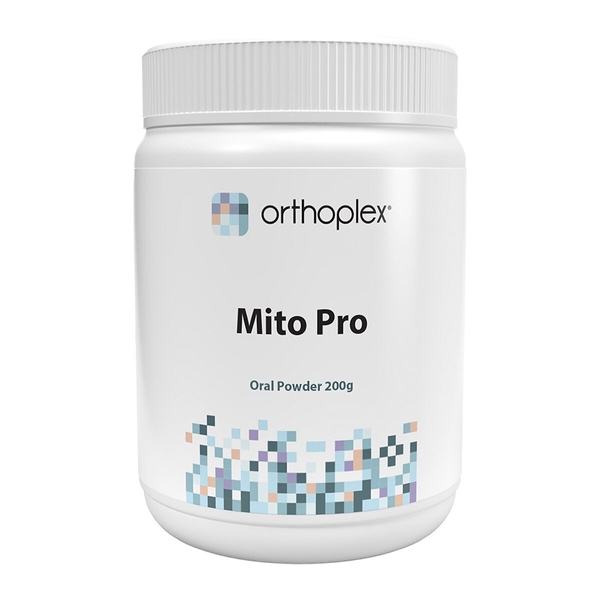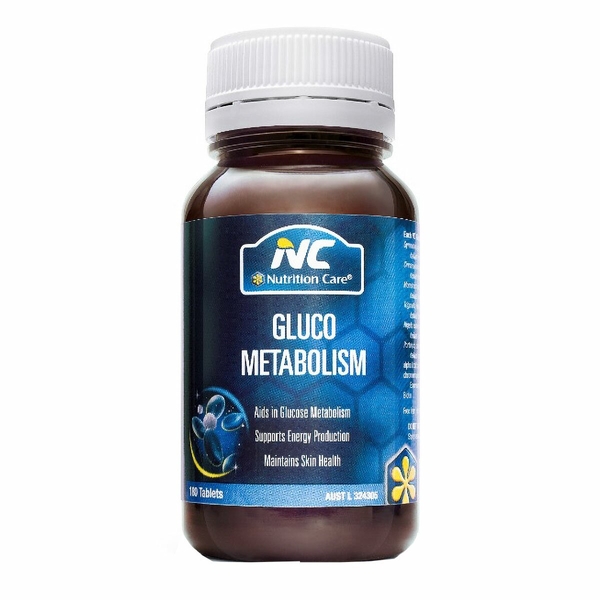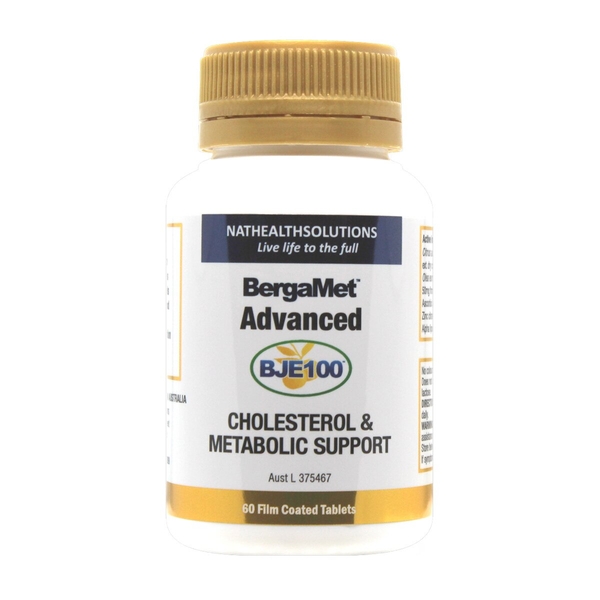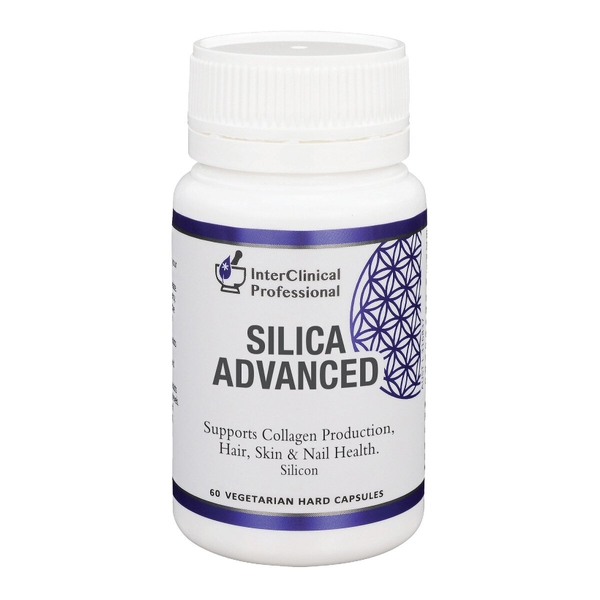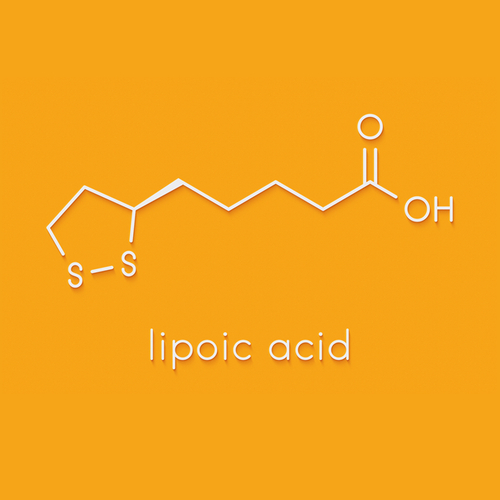
Background
Alpha-lipoic acid can be eaten in foods, such as red meat, carrots, beets, spinach, broccoli, and potatoes. It is also available in supplements. Because alpha-lipoic acid seems to work like an antioxidant, it might provide protection to the brain and also be helpful in certain liver diseases.
People most commonly use alpha-lipoic acid for obesity, nerve pain due to diabetes, and high levels of cholesterol or other fats in the blood. It is also used for altitude sickness, aging skin, and many other purposes, but there is no good scientific evidence to support many of these other uses.
Safety Safety definitions
When applied to the skin: Alpha-lipoic acid is possibly safe for most adults when used as a cream for up to 12 weeks. It might cause a rash in some people.
Special Precautions & Warnings:
Pregnancy: When taken by mouth, alpha-lipoic acid is possibly safe. It's been used safely during pregnancy in doses of up to 600 mg daily for up to 4 weeks.Breast-feeding: There isn't enough reliable information to know if alpha-lipoic acid is safe to use when breast-feeding. Stay on the safe side and avoid use.
Children: Alpha-lipoic acid is possibly safe in children aged 10-17 years when taken by mouth in doses up to 600 mg daily for 3 months. But it is possibly unsafe for children to take large amounts of alpha-lipoic acid by mouth. Seizures, vomiting, and unconsciousness have been reported for children aged 14 months to 16 years who took up to 2400 mg of alpha-lipoic acid as a single dose.
Surgery: Alpha-lipoic acid can decrease blood sugar levels. Alpha-lipoic acid might interfere with blood sugar control during and after surgery. Stop taking alpha-lipoic acid 2 weeks before elective surgical procedures.
Excessive use of alcohol/thiamine deficiency: Alcohol can lower the amount of thiamine (vitamin B1) in the body. Taking alpha-lipoic acid when there is a shortage of thiamine might cause serious health problems. If you drink a lot of alcohol and take alpha-lipoic acid, you should take a thiamine supplement.
Effectiveness
- Nerve pain in people with diabetes (diabetic neuropathy). Taking 600-1800 mg of alpha-lipoic acid by mouth or by IV seems to improve symptoms such as burning, pain, and numbness in the legs and arms of people with diabetes. Lower doses of alpha-lipoic acid don't seem to work. IV products can only be given by a healthcare provider.
- High levels of cholesterol or other fats (lipids) in the blood (hyperlipidemia). Taking alpha-lipoic acid by mouth for up to 4 years seems to lower total cholesterol and low-density lipoprotein (LDL or "bad") cholesterol in people with or without hyperlipidemia.
- Obesity. Taking alpha-lipoic acid by mouth can slightly reduce body weight in adults who are overweight.
- Liver disease in people who drink alcohol. Taking alpha-lipoic acid by mouth daily for up to 6 months does not improve liver function or reduce liver damage in people with alcohol-related liver disease.
- Altitude sickness. Taking alpha-lipoic acid by mouth along with vitamin C and vitamin E does not seem to prevent altitude sickness.
- Kidney damage caused by contrast dyes (contrast induced nephropathy). Taking alpha-lipoic acid by mouth with or without standard hydration therapy during a coronary angiography doesn't seem to prevent kidney damage caused by contrast agents.
- Diabetes. Taking alpha-lipoic acid by mouth or by IV does not improve blood sugar levels in people with type 2 diabetes.
- Vision problems in people with diabetes (diabetic retinopathy). Taking alpha-lipoic acid by mouth daily for 24 months doesn't improve eye damage from diabetes.
- Dementia in people with advanced HIV/AIDS. Taking alpha-lipoic acid by mouth has no effect on thinking problems in people with HIV.
- High levels of fats called triglycerides in the blood (hypertriglyceridemia). Taking alpha-lipoic acid by mouth doesn't seem to reduce triglyceride levels in most people.
Dosing & administration
Interactions with pharmaceuticals
Medications for cancer (Alkylating Agents)
Interaction Rating=Moderate Be cautious with this combination.
Alpha-lipoic acid is an antioxidant. There is some concern that antioxidants might decrease the effects of some medications used for cancer. If you are taking medications for cancer, check with your healthcare provider before taking alpha-lipoic acid.
Medications for cancer (Antitumor antibiotics)
Interaction Rating=Moderate Be cautious with this combination.
Alpha-lipoic acid is an antioxidant. There is some concern that antioxidants might decrease the effects of medications used for cancer. If you are taking medications for cancer, check with your healthcare provider before taking alpha-lipoic acid.
Medications for diabetes (Antidiabetes drugs)
Interaction Rating=Minor Be watchful with this combination.
Alpha-lipoic acid might lower blood sugar levels. Taking alpha-lipoic acid along with diabetes medications might cause blood sugar to drop too low. Monitor your blood sugar closely.
Medications that slow blood clotting (Anticoagulant / Antiplatelet drugs)
Interaction Rating=Moderate Be cautious with this combination.
Alpha-lipoic acid might slow blood clotting. Taking alpha-lipoic acid along with medications that also slow blood clotting might increase the risk of bruising and bleeding.
Thyroid hormone
Interaction Rating=Moderate Be cautious with this combination.
Alpha-lipoic acid seems to decrease how well thyroid hormone works in the body. Taking alpha-lipoic acid with thyroid hormone might decrease the effects of the thyroid hormone.
Interactions with herbs & supplements
Herbs and supplements that might slow blood clotting: Alpha-lipoic acid might slow blood clotting and increase the risk of bleeding. Taking it with other supplements with similar effects might increase the risk of bleeding in some people. Examples of supplements with this effect include garlic, ginger, ginkgo, nattokinase, and Panax ginseng.
Herbs with thyroid activity: Alpha lipoic acid might affect the body's production of thyroid hormone. Taking it with other supplements with similar effects might alter thyroid function too much and cause side effects. Examples of supplements with this effect include bugleweed, lemon balm, and tiratricol.
Interactions with foods
Products
View all products- Alpha lipoic acid 200 mg
- Total Chromium 250 μg
- Chromium chloride hexahydrate 1.2 mg equiv. chromium 234 μg
- Chromium nicotinate 129 μg equiv. chromium 16 μg
- Cinnamomum verum ext. 83.3 mg
- Magnesium amino acid chelate 250 mg equiv. magnesium 50 mg
- Zinc amino acid chelate 25 mg equiv. zinc 5 mg
- Biotin 1 mg
- Cholecalciferol 5 μg equiv. vitamin D3 200 IU
- Alpha lipoic acid 200 mg
- Gymnema sylvestre ext. 100 mg
- Cinnamomum cassia ext. 66.67 mg
- Trigonella foenum-graecum ext. 4 mg
- Nicotinamide (Vitamin B3) 35 mg
- Chromium chloride hexahydrate 256.3 µg equiv. chromium 50 µg
- Chromium picolinate 133.5 µg equiv. chromium 16.6 µg
- Cholecalciferol (Vitamin D3) 8.3 µg equiv. vitamin D 333 IU
- Zinc amino acid chelate 50 mg equiv. zinc 10 mg
- R,S-alpha lipoic acid 200 mg
- L-arginine 3 g
- Citrulline 1 g
- Citric acid anhydrous 880 mg
- Carnitine tartrate 500 mg
- Natural pineapple flavour 150 mg
- Natural orange flavour 120 mg
- Silicon dioxide 90 mg
- Thaumatin 60 mg
- R-alpha lipoic acid 67 mg
- Arthrospira platensis (Spirulina) 1 g
- Chlorella pyrenoidosa powder 333 mg
- Wheatgrass powder 333 mg
- Inulin (Dietary fibre) 800 mg
- Lactobacillus acidophilus 5 billion CFU
- Bifidobacterium bifidum 3 billion CFU
- Bifidobacterium lactis 5 billion CFU
- Bifidobacterium longum 1 billion CFU
- Cynara scolymus powder 500 mg
- Hordeum vulgare 200 mg
- Malus (Apple) 200 mg
- Brassica oleracea var. acephala (leaf & sprout) powder (Kale) 100 mg
- Ananas comosus (Pineapple) 240 mg
- Spinacia oleracea (Spinach) 67 mg
- Beta glucan 50 mg
- Resveratrol 10 mg
- Ananas comosus (Pineapple oil) 65 mg
- Linum usitatissimum (seed) (Flaxseed) 400 mg
- Oryza sativa (Rice bran) 500 mg
- Pea protein isolate 1 g
- Thiamine hydrochloride (Vitamin B1) 400 µg
- Niacinamide (Vitamin B3) 5.3 mg
- Pyridoxine hydrochloride (Vitamin B6) 567 µg
- Riboflavin (Vitamin B2) 434 µg
- Pantothenic acid (Vitamin B5) 1.7 mg
- Cyanocobalamin (Vitamin B12) 0.8 µg
- Ergocalciferol (Vitamin D) 3.8 µg
- Ascorbic acid (Vitamin C) 333 mg
- d-alpha-Tocopheryl acid succinate 100 mg
- Ubidecarenone (Coenzyme Q10) 8 mg
- Copper gluconate 225 µg
- Potassium phosphate dibasic 104 mg
- Folic acid 67 µg
- Biotin 10 µg
- Silica - colloidal anhydrous 14 mg
- Magnesium citrate 42 mg
- Zinc amino acid chelate 10 mg
- Chromium picolinate 10 µg
- Calcium citrate 132 mg
- Manganese amino acid chelate 1.4 mg
- Selenomethionine 30 µg
- Beta-carotene carotenoids (Vitamin A) 1.7 mg
- Citrus bioflavonoids extract 500 mg
- Citric acid anhydrous 150 mg
- Rosmarinus officinalis powder 68 mg
- Taraxacum officinale ext. 33 mg
- Vaccinium myrtillus powder 200 mg
- Glycyrrhiza glabra powder 67 mg
- Crataegus monogyna ext. 29 mg
- Astragalus membranaceus ext. 67 mg
- Vitis vinifera ext. 67 mg
- Camellia sinensis ext. 67 mg
- Ganoderma lucidum powder 21 mg
- Lentinula edodes powder 21 mg
- Aloe barbadensis ext. 500 mg
- Zingiber officinale powder 67 mg
- Eleutherococcus senticosus ext. 1 g
- Centella asiatica ext. 67 mg
- Withania somnifera ext. 67 mg
- Silybum marianum ext. 67 mg
- Arctium lappa ext. 21 mg
- Rosa canina powder 168 mg
- Lycium barbarum 33 mg
- Beta vulgaris (root) powder (Beetroot) 167 mg
- Daucus carota powder (Carrot) 83 mg
- Carica papaya (Papain) 250 mg
- Lecithin 725 mg
- Laminaria digitara (Kelp) 8 mg
- Natural vanilla flavour
- Natural pineapple flavour
- Thaumatin
- Stevia rebaubiana
- Luo Han Guo (fruit) ext. (Monk fruit)
- Xanthan gum
- Brassica oleracea var. italica powder 150 mg
- Malpighia glabra ext. 267 mg
- Theobroma cacao powder 100 mg
- Alpha lipoic acid 50 mg
- Total Vitamin C 2.5 g
- Magnesium ascorbate monohydrate 100 mg equiv. magnesium 88.7 mg
- Sodium ascorbate (Vitamin C) 500 mg equiv. ascorbic acid 442 mg
- Calcium ascorbate dihydrate (Vitamin C) 500 mg equiv. ascorbic acid 411 mg
- Ascorbic acid (Vitamin C) 1.56 g
- Beta-carotene carotenoids (Vitamin A) 4 mg
- d-alpha-Tocopheryl acid succinate (Vitamin E) 68 mg equiv. vitamin E 82.3 IU equiv. d-alpha-tocopherol 55.1 mg
- Zinc citrate dihydrate 20 mg equiv. zinc 6.44 mg
- Rutin (Rutoside) 100 mg
- Citrus bioflavonoids extract 100 mg
- R,S-alpha lipoic acid 50 mg
- Total Vitamin C 2.4 g
- Ascorbic acid (Vitamin C) 1.77 g
- Sodium ascorbate (Vitamin C) 300 mg equiv. ascorbic acid 265.2 mg
- Calcium ascorbate dihydrate (Vitamin C) 280 mg equiv. ascorbic acid 230 mg
- Magnesium ascorbate monohydrate (Vitamin C) 80 mg equiv. ascorbic acid 68 mg
- Zinc ascorbate monohydrate (Vitamin C) 80 mg equiv. ascorbic acid 65 mg
- Reynoutria japonica ext. 30 mg
- Citrus bioflavonoids extract 96 mg
- Citrus bioflavonoids extract 96 mg
- Rutin (Rutoside) 96 mg
- Quercetin 48 mg
- R-alpha lipoic acid 50 mg
- Acetyl levocarnitine hydrochloride (Acetyl-L-carnitine) 1 g
- Levocarnitine (L-carnitine) 250 mg
- Ubidecarenone (Coenzyme Q10) 30 mg
- Selenomethionine 148.8 μg equiv. selenium 60 μg
- Zinc citrate dihydrate 31.92 mg equiv. zinc 10 mg
- Magnesium citrate 1.85 g equiv. magnesium 300 mg
- Inositol 1 g
- Rutin (Rutoside) 750 mg
- Nicotinamide (Vitamin B3) 50 mg
- Calcium pantothenate (Vitamin B5) 100 mg equiv. pantothenic acid 91.6 mg
- Manganese amino acid chelate 20 mg equiv. manganese 2 mg
- Palm tocotrienols complex (Vitamin E) 5 mg
- Reynoutria japonica ext. 200 mg
- Biotin 3 mg
- Riboflavin 5-phosphate sodium (Activated B2) 10 mg equiv. riboflavin 7.6 mg
- Alpha lipoic acid 50 mg
- Levocarnitine (L-carnitine) 2 g
- Acetyl levocarnitine hydrochloride (Acetyl-L-carnitine) 1 g
- Ubidecarenone (Coenzyme Q10) 100 mg
- Zinc citrate dihydrate 79.87 mg equiv. zinc 25 mg
- Selenomethionine 248 μg equiv. selenium 100 μg
- Turnera diffusa ext. 300 mg
- Ascorbic acid (Vitamin C) 1 g
- Magnesium citrate 1.91 g equiv. magnesium 310 mg
- Palm tocotrienols complex (Vitamin E) 5 mg
- Thiamine nitrate (Vitamin B1) 100 mg equiv. thiamine 81.04 mg
- Riboflavin 5-phosphate sodium (Activated B2) 20 mg
- Nicotinamide (Vitamin B3) 50 mg
- Calcium pantothenate (Vitamin B5) 150 mg equiv. pantothenic acid 137.44 mg
- Biotin 500 μg
- Calcium folinate (Activated folate) 216 μg equiv. folinic acid 200 μg
- Pyridoxine hydrochloride (Vitamin B6) 20 mg equiv. pyridoxine 16.48 mg
- Pyridoxal 5-phosphate monohydrate (P5P) 10 mg equiv. pyridoxine 6.4 mg
- Mecobalamin (Vitamin B12) 200 μg

